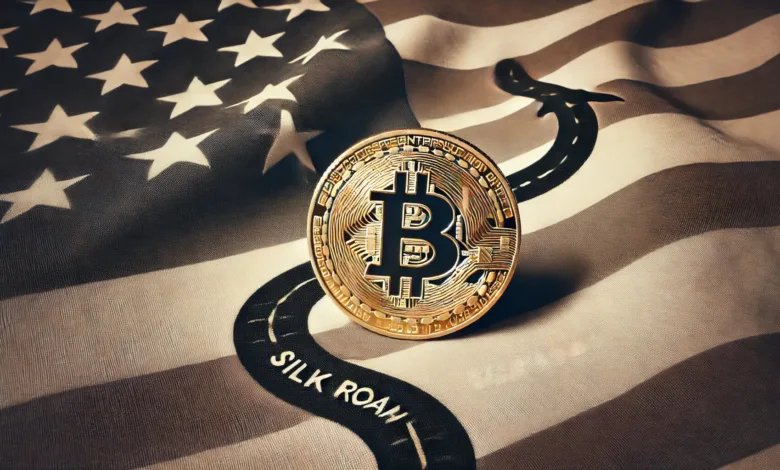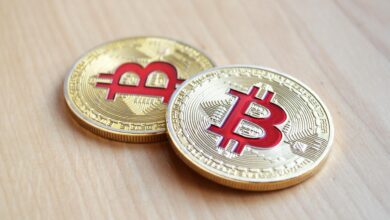
The United States Supreme Court has recently made headlines by declining to hear an appeal from Battle Born Investments. The appeal was centered around the forfeiture of a staggering 69,370 bitcoins, initially connected to the notorious Silk Road darknet marketplace. Listed under “CERTIORARI DENIED” in the Supreme Court’s October 7 publication, this decision effectively permits the US government to seize and potentially sell these bitcoins, which are currently valued at an impressive $4.4 billion.
The Government’s Retention of Seized Bitcoins
This legal battle revolves around a civil forfeiture action initiated by the US government after the Silk Road’s shutdown. Battle Born Investments asserted legal ownership of the bitcoins, claiming that in March 2018, they had entered into an agreement to purchase assets, including the bitcoins in the “1HQ3” wallet, from the Chapter 7 bankruptcy estate of Raymond Ngan. Their argument hinged on the belief that these assets were connected to an individual dubbed “Individual X,” who was purportedly responsible for stealing the bitcoins from Silk Road and had ties to Ngan.
Nonetheless, US authorities disputed Battle Born’s claims, arguing that the bitcoins were subject to forfeiture due to their illicit association with Silk Road activities. In 2022, the US District Court for the Northern District of California sided with the government, mandating that it should “dispose of the defendant’s seized property in accordance with the law.” Battle Born Investments challenged this decision, but on August 18, 2023, the Ninth Circuit Court of Appeals upheld the lower court’s ruling. The appellate court concluded that Battle Born “did not have standing to challenge the forfeiture,” emphasizing that their claims were speculative and lacked the substantial evidence necessary to prove direct ownership of the bitcoins.
Supreme Court’s Decision and Its Implications
In response to the appellate court’s decision, Battle Born sought a rehearing en banc, which was denied on December 12, 2023. Persisting in their legal endeavors, they filed a petition for a writ of certiorari to the Supreme Court on April 25, 2024, contending that the lower courts had erred in their interpretation of their standing and ownership claims.
The Supreme Court’s refusal to review the case effectively solidifies the decisions of the lower courts. By denying the petition, the Supreme Court confirms that Battle Born Investments lacks the requisite standing to dispute the forfeiture of the bitcoins. This outcome transitions the 69,370 bitcoins from a seized status to a forfeited and sellable asset, granting the US government the authority to “dispose of the defendant’s seized property in accordance with the law.”
Potential Market Impact of US Government Bitcoin Sale
The government’s position, bolstered by filings from the US Department of Justice, underscored that “mere claims of ownership, without substantial evidence, are insufficient for establishing standing in civil forfeiture cases.” The courts concurred, underscoring the necessity for concrete evidence linking the claimed assets directly to Battle Born.
The potential sale of 69,370 bitcoins by the US government could have significant ramifications for the cryptocurrency market. With a current valuation of approximately $4.4 billion, the liquidation of such a substantial quantity of bitcoin could sway market dynamics and investor sentiment. Historically, news of US government sales has caused considerable market fluctuations.
Political Context and Future Considerations
Noteworthy is the political context surrounding this development. Former President Donald Trump once vowed to transfer all seized bitcoin into a “strategic national stockpile.” Following this, on July 29, the Biden-Harris administration moved 29,800 bitcoins to an undisclosed wallet address, further fueling speculation and discussions within the financial and political arenas.
As of the latest updates, Bitcoin is trading at $62,356, reflecting its enduring volatility and the ever-evolving circumstances impacting its market valuation.







